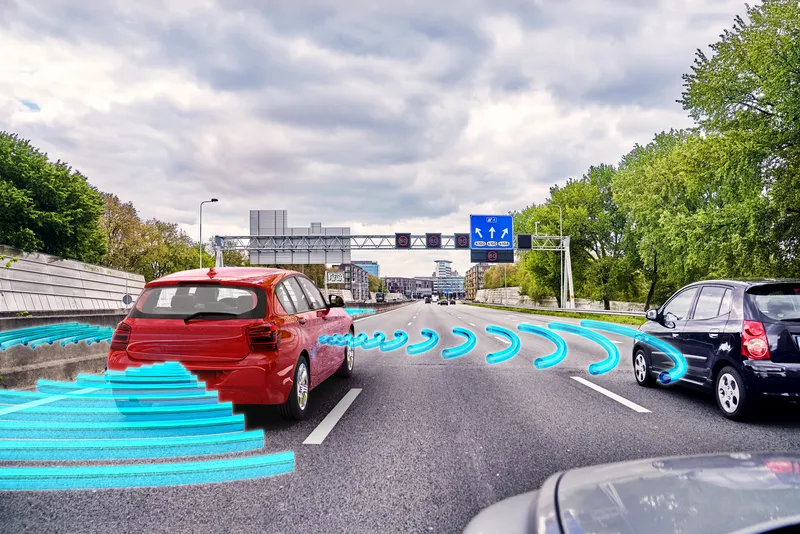
Ertico – ITS Europe has launched the Intelligent Transport Systems Market Radar report that focuses on market insights, new technologies, employment and trends within the sector.
The inaugural publication, created in collaboration with consultant EY, is available free here as a download.
It spotlights two of the sectors within the Ertico Partnership: service providers and the traffic and transport industry.
Throughout 2023, Ertico partner companies from those two sectors participated in surveys and interviews.
“The report goes beyond just being a simple market study,” said Joost Vantomme, Ertico chief executive. “It contains not only the challenges and opportunities (of the sector) but also barriers and enablers towards large-scale deployment.”
It focuses on connected, cooperative & automated mobility, clean & eco-mobility, urban mobility & Mobility as a Service (MaaS) and transport & logistics. Each area plays an important role in optimising transportation, reducing congestion, and enhancing mobility in the European Union.
The report also delves into the historical context and evolution of ITS, showcasing key milestones from the 1960s to the present. It highlights how significant achievements such as the introduction of connected and automated vehicles (C/AVs), big data, predictive analytics and the advent of 5G connectivity have shaped the industry.
The study sheds light on the regulatory framework influencing the ITS industry’s advancements. It highlights the EU’s ITS initiatives that align with its mission for climate-neutral cities by 2030 and how it is fostering innovation hubs for climate-neutral cities by 2050. It emphasises zero-emission vehicles, sustainable alternatives, digitalisation, connectivity and comprehensive data spaces.
Identifying key technological trends shaping the ITS sector, the market study showcases trends including artificial intelligence (AI), machine learning, quantum computing, 5G, wireless communication technologies, blockchain, and decentralised systems.
The Future Outlook and Revenue Trends section focuses on the impact of wireless communication technologies like 5G and 6G, the central role of AI and machine learning, the influence of augmented reality (AR) and virtual reality (VR), the integration of automated vehicles and self-driving technology, and enhanced data security and transparency through blockchain and decentralised systems.
Businesses within the Ertico Partnership have access to Ertico’s innovation and deployment activities and can be part of platforms and projects that push forward a shared smart mobility agenda.
The affiliation of partners with Ertico activities helps companies raise their profile on the local, national and global stage as innovators in transport and mobility as well as being an active part of the European smart mobility sphere.









